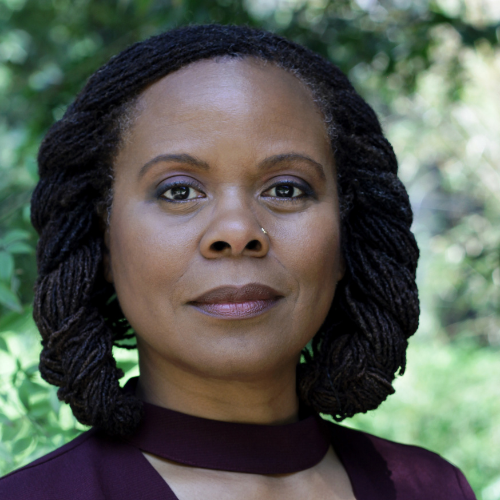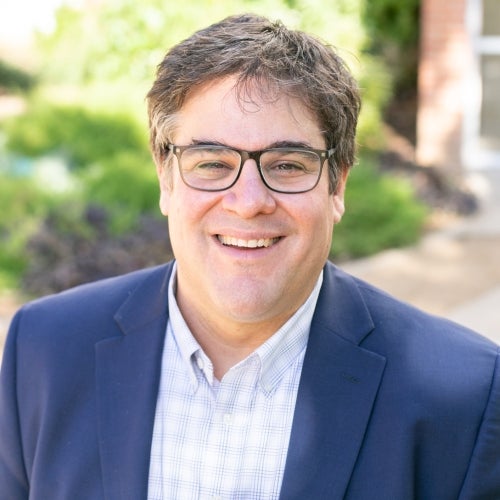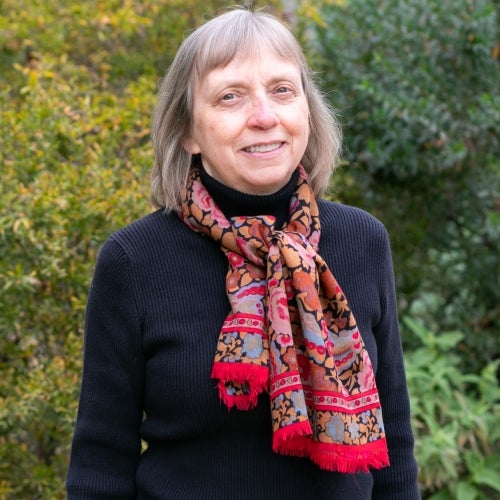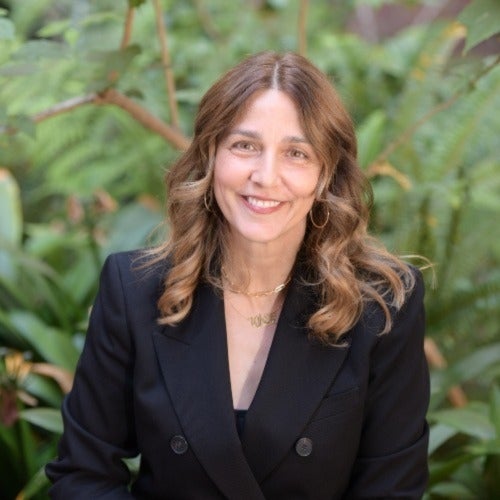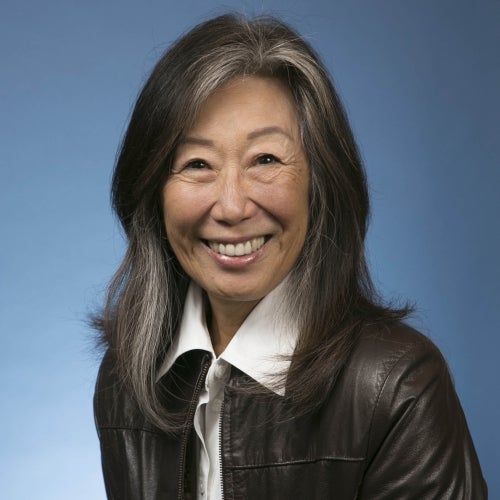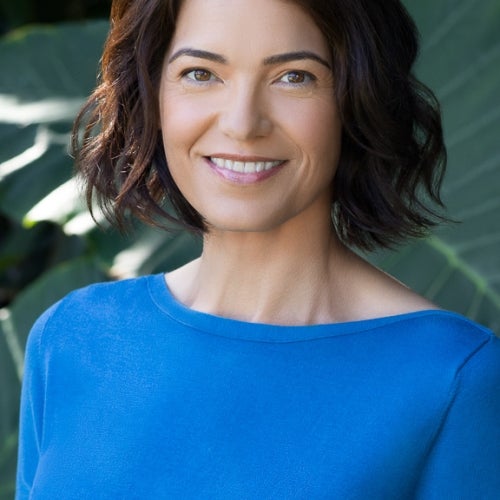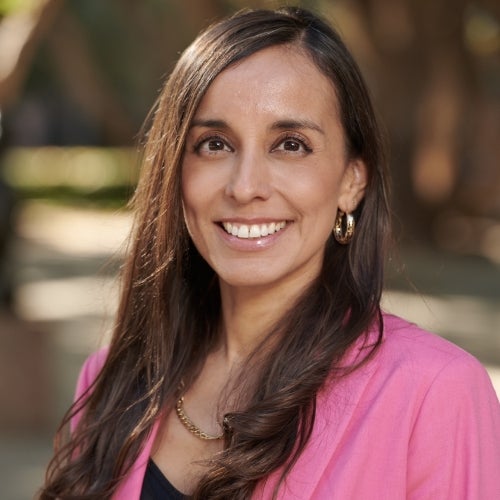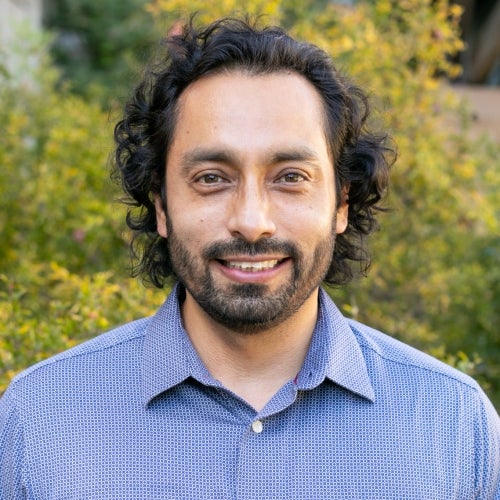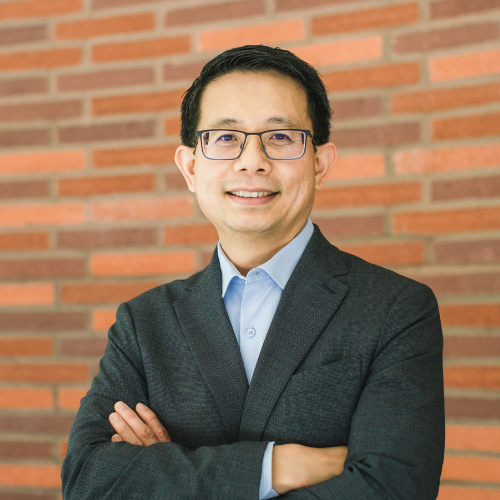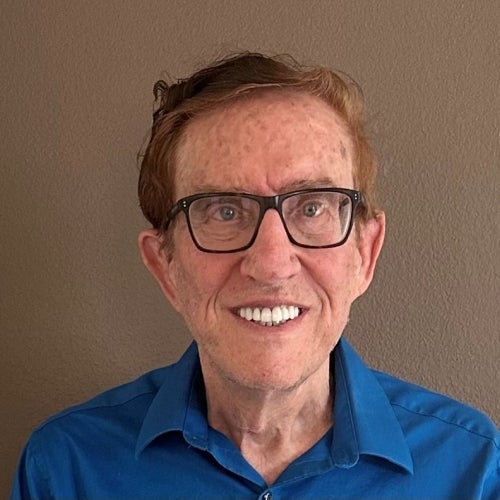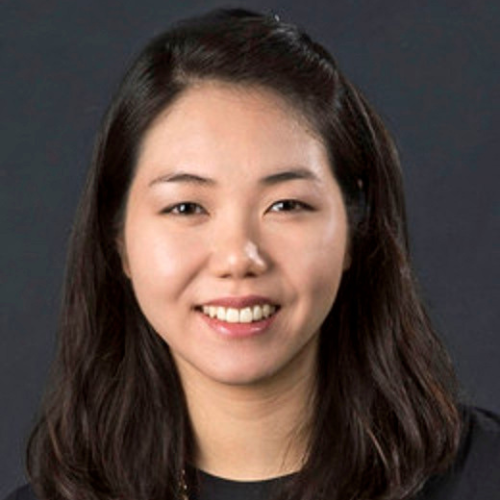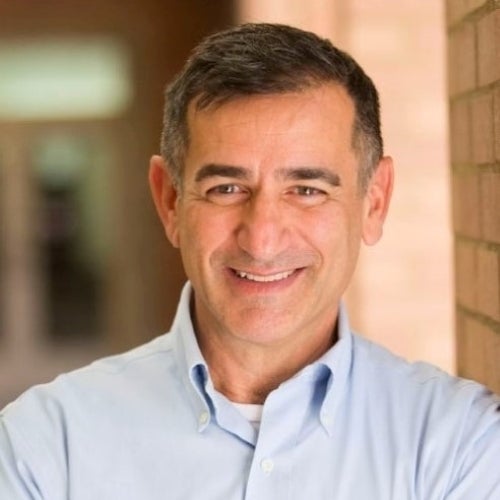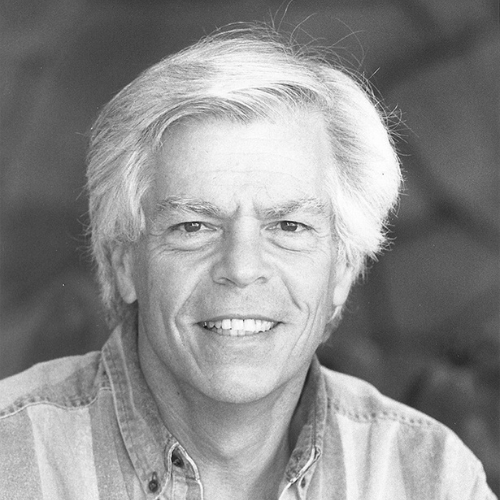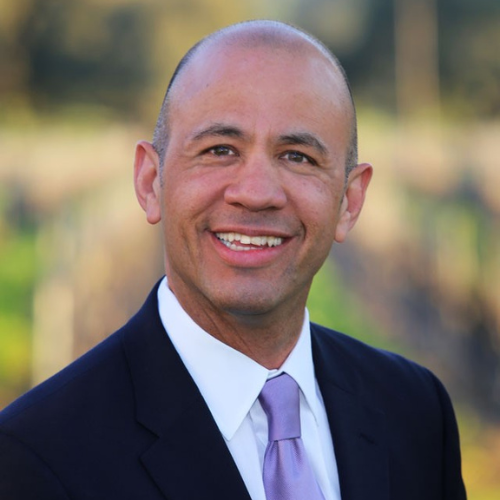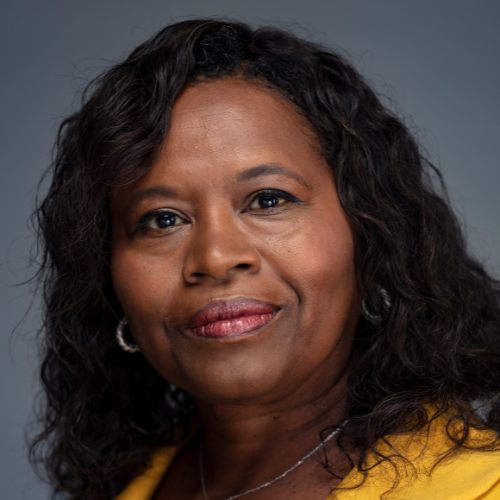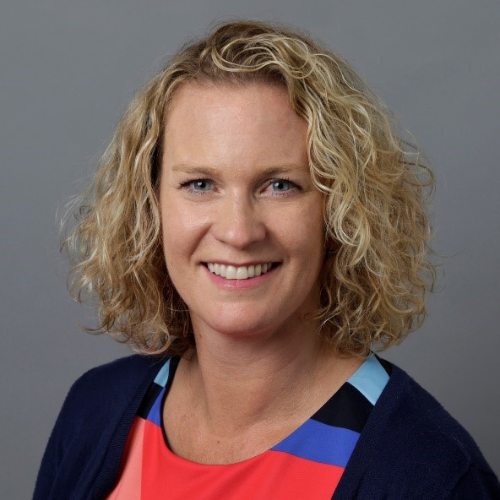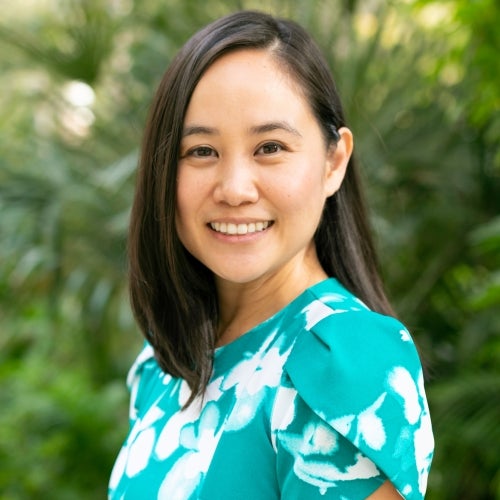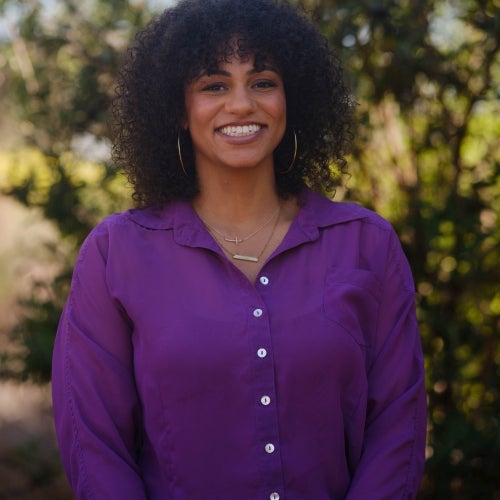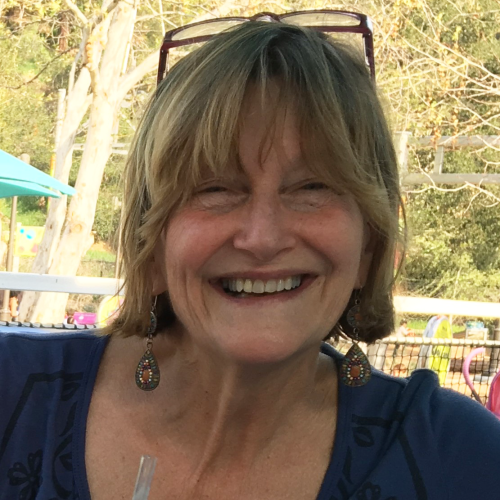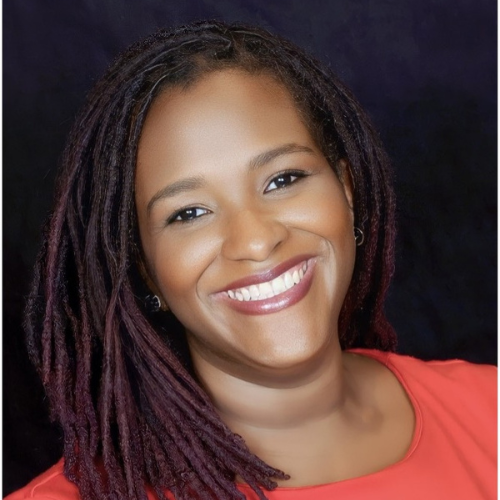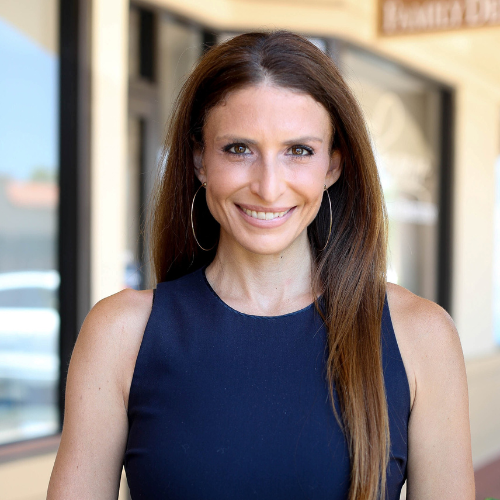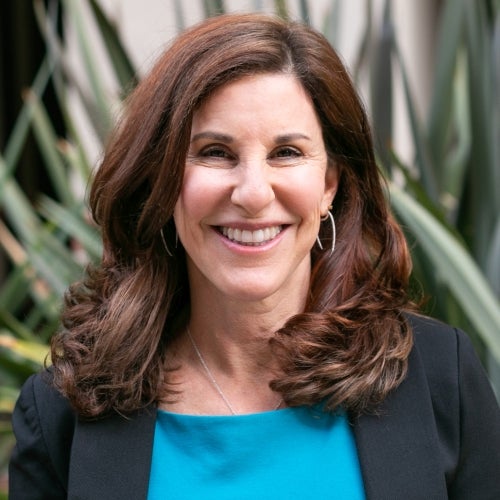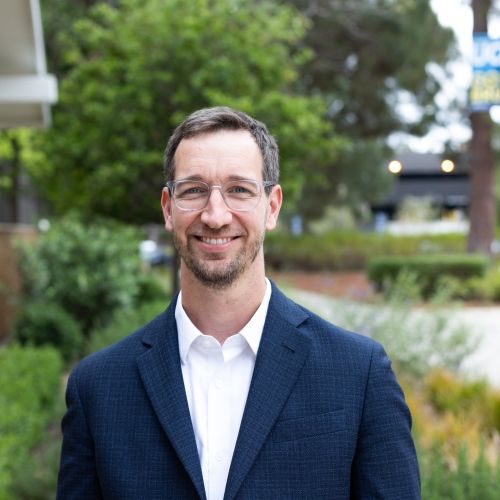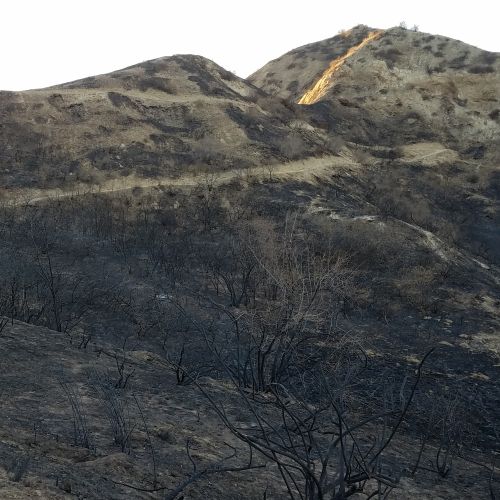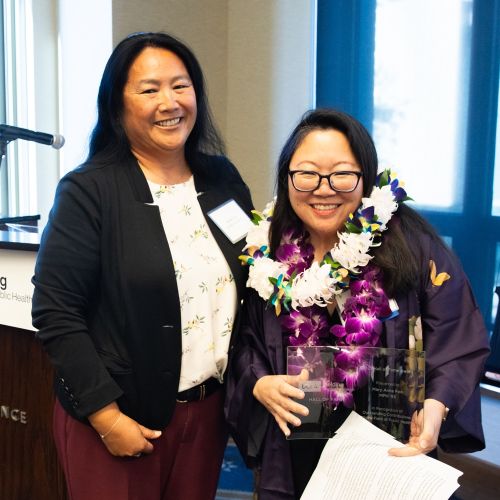UCLA Fielding School of Public Health and Howard University researchers team up with University of Arkansas
Dr. Chandra Ford co-leads effort with Howard University and University of Arkansas to study COVID-19's impact in disadvantaged populations.
The UCLA Fielding School of Public Health is partnering with Howard University and the University of Arkansas for Medical Sciences to proactively engage historically marginalized and disadvantaged populations, and provide crucial information and resources during public health crises.
Assisted by a $1.7 million grant from the CDC Foundation, the UCLA and Howard University researchers launched Project REFOCUS (Racial Ethnic Framing of Community-Informed and Unifying Surveillance) in October 2020 to study COVID-19-related stigma and discrimination in underserved communities and provide related real-time information through an electronic dashboard. The dashboard is intended to be easily accessible to public health officials, the public and policymakers to help them build trust with — and respond to — the communities.
“The goal would be to determine which types of information to include, guided by input from the community, to assess the feasibility of integrating the data, and to see if/how local officials might use the dashboard with the additional data to inform their efforts to improve health locally,” said Dr. Chandra L. Ford, founding director of the UCLA Fielding School of Public Health’s Center for the Study of Racism, Social Justice & Health and professor in the Department of Community Health Sciences. “Public health practitioners face challenges in effectively monitoring the presence, spread and impacts of COVID-19 among these disadvantaged populations."
Ford said the project draws from past experience in public health crisis management.
"Lessons learned from prior epidemics, such as HIV/AIDS, make it clear that stigma and mistrust slow disease mitigation efforts among the most disadvantaged populations, contribute to mistrust of public health messages, delay access to services and reduce adherence to treatment,” Ford said. “This mistrust is rooted not in science denialism, but in legitimate concerns about the unequal treatment African American and other communities have received in health care.””
Through its ongoing work with local community health workers, the UAMS Heart Healthy Communities project will add actionable health and social data to the dashboard, said Irion “Chip” Pursell Jr., UAMS' principal investigator for the project. Even before Heart Healthy Communities became one of only six projects in the country selected to work with Project Refocus, it developed a network of local providers and other community partners to connect people in the designated Arkansas communities with resources to improve health and wellness.
“Poor health outcomes tend to cluster in low-wealth neighborhoods, and the HHC community-centric approach facilitates the collection of actionable data that can be integrated into the Project Refocus dashboard,” said Pursell, a registered nurse and public health specialist. “This will inform local stakeholders’ efforts to improve community health and well-being, and monitor the impact of COVID-19 and future public health emergencies.”
Dr. Monica Ponder, an epidemiologist and assistant professor of health communication at Howard University, noted that “during crises, fear can have a counter effect on access and adherence to community-level mitigation efforts.”
“Chronic stress is an important pathway by which stigma influences physical and mental health,” Ponder said. “That can become a vicious cycle, fueled by racism and bias. Public health crisis communications must recognize the historical trauma, lived experiences and political climate in which people reside.”
The CDC Foundation is an independent, nonprofit organization created by Congress to mobilize philanthropic and private-sector resources to support the work of the Centers for Disease Control and Prevention and the public health community.
This project is supported by the Centers for Disease Control and Prevention of the U.S. Department of Health and Human Services (HHS) as part of a financial assistance award totaling $6,827,718.00 with 100 percent funded by CDC/HHS. The contents are those of the author(s) and do not necessarily represent the official views of, nor an endorsement, by CDC/HHS, or the U.S. Government.
Faculty Referenced by this Article

Professor of Community Health Sciences & Health Policy and Management, and Associate Dean for Research

Robert J. Kim-Farley, MD, MPH, is a Professor-in-Residence with joint appointments in the Departments of Epidemiology and Community Health Sciences
